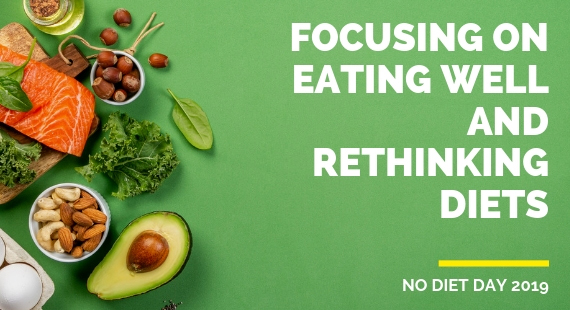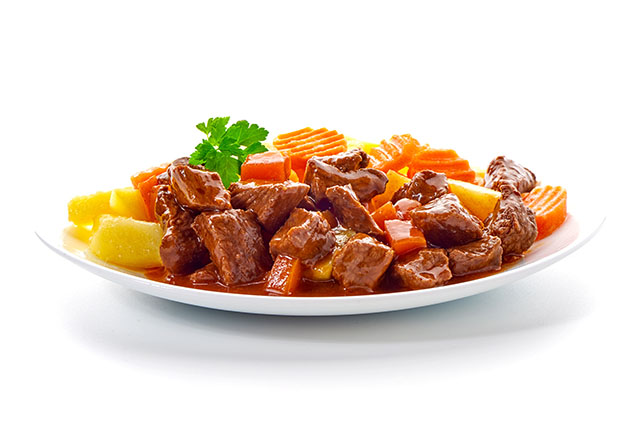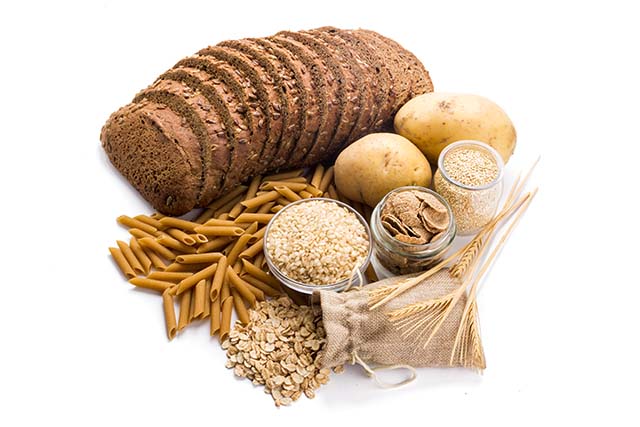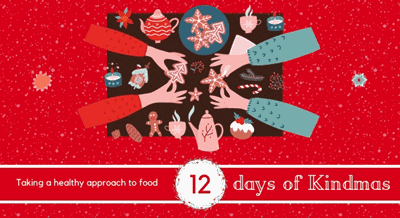
It's important that we consider what our thoughts and personal stance on diets might be, particularly when diets tend to cause lots of debate and discussion among us all.
As a dietitian, the first thing I think about with the word "diet" is not necessarily a positive thought. Diets set in place rules that must be followed and achieved for success to happen, and this is often not the case. Regularly avoiding food and being physically hungry usually, at some point, results in breaking a diet rule.
Weight loss efforts are often effective over the short-term, and, yet, over time, many people regain the lost weight. This can cause people to feel a failure or lose heart in attempting to change habits.
Instead of thinking about dieting and following "dieting rules", think for a moment about healthy dietary improvements and how we can ensure we get a good variety of foods for good mental and physical health.
There is even emerging evidence that weight-neutral, non-diet programming may be more effective at promoting permanent change.
Our menu in St Patrick’s Mental Health Services (SPMHS) reflects food that can be enjoyed as part of a healthy, balanced diet. The hospital diet includes a mix of nutrients that are linked with mental health. This includes polyunsaturated fatty acids (particularly omega-3); minerals such as zinc, magnesium, selenium, copper, and iron; B vitamins such as folate, vitamin B6, and antioxidants vitamins such as C and E. Most of these are available from a balanced diet.
Below, you'll find some suggestions to include as part of a healthy diet.

Beef Stew
Red meat gets a bad press, but, when we think about it in the context of mental health, we know that low iron levels can result in lack of energy, low mood and poor concentration which can affect mental health. With almost 50% of women not eating enough iron, our menu in SPMHS includes red meat in moderation to ensure service users are meeting their iron requirements.
Other sources of iron include chicken, beans, nuts, dried fruit (such as dried apricots), fortified breakfast cereals and dark green, leafy vegetables.

Baked Salmon with Roast Pepper, Spinach and Watercress
Salmon is a good source of omega 3, which may be protective in maintaining good memory and in the prevention and treatment of depression. The advice is to include fish twice per week, but, here in SPMHS, we offer different fish daily as an option.
Roast peppers, spinach and watercress are a way of increasing daily vegetable intake, which boosts intakes of vitamins and minerals that we need a steady stream of every day to ensure good health.
In the SMILES trial (a randomised controlled trial of dietary improvement for adults with major depression), the primary focus was on increasing diet quality by supporting the consumption of 12 key foods, of which vegetables (six per day) and fruit (three per day) formed a basis.
This study from Australia found that dietary improvement may provide an effective and accessible treatment strategy for the management of depression, the benefits of which could extend to the management of common co-morbidities.
The main message to take is eating more fruit and vegetables can be beneficial to our mental health.
Complex carbs at meal times
For good mental health, B vitamins play a key role. Low levels can leave us feeling depressed or irritable. For this reason, we need to eat foods containing B vitamins and energy regularly.
Some B vitamins, such as thiamine, can't be stored in the body, so you need it in your diet every day.

Another B vitamin folate is a B vitamin found in many foods. The manmade form of folate is called folic acid. There are no long-term stores in the body, so you need to eat folate-containing foods frequently.
Some of the food choices on the hospital menu which include B vitamins include new potatoes with skin, roast potatoes, whole wheat pasta and breakfast cereals fortified with folic acid.
As a dietitian, I would always tell people that no food is off limits, but try to keep the treat foods to a minimum and maximise the good stuff we need to eat more of.
Many dietitians do not like being thought of as someone who puts people on ‘diets’. So, focus on eating well and forget being on a diet.
Author
Eleanor Sutton
Continue to…
Nursing in St Patrick’s Mental Health Services

